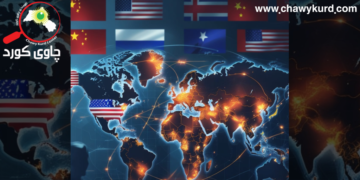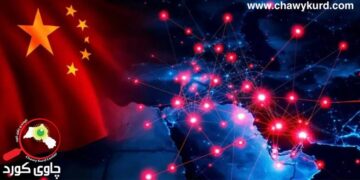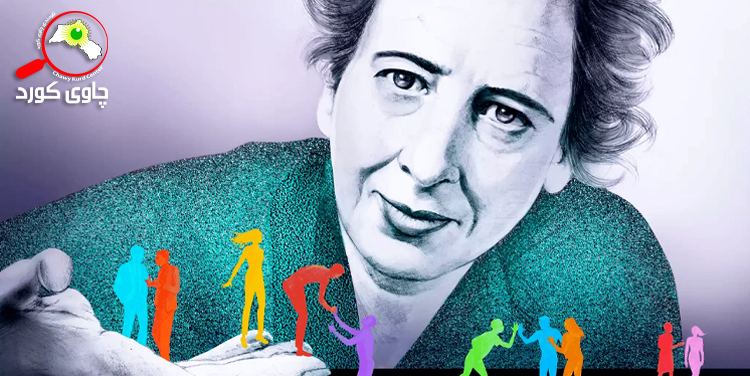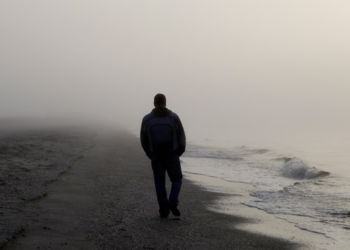Arendt links the moment of being or the principle of our being to the product of thought. Especially after his great criticism of modernity, he encourages us to go back to the past, which can lead us to open doors by thinking critically about it. As he says in Between the Past and the Future: “After a conscious separation from modernity, the past can open up to us in unexpected ways and give us things we have never heard of before.”
“Action as a beginning rooted in birth is the realization of freedom, because it brings into existence something completely unexpected. This is the amazing feature of every beginning, that one can do something unexpected, because everyone is unique and brings something new unique into the world through each birth. Thus everyone’s birth heralds a new beginning; Acting means revealing the divinity of the self and doing the unexpected.”
I often wondered about the role of “being human.” Is the cycle of graduating, getting a job, and starting a family really a duty or a natural cycle that we just revolve around? Later, by observing and reading Arendt’s theory of suffering, work and action, it became clear that all these activities that revolve around this natural circle fall within the framework of “being” rather than “being human”. In other words, a human revolving around this circle is only natural and no different from other living things. Ultimately, every being revolves around this circle, but it is the distinctive point of reflection and thinking that goes beyond actions, words and conversations, to freedom and the role of the individual in society and politics. “This world is a field of freedom and equality, not a field of violence, self-imposition and oppression. It is spaces where ideas and discussions are presented in general Opinions are expanding.” Arendt said.
We can then turn to the unthinking subject, whom Arendt considered the best victims of the totalitarian system. An example of this is the “Eichmann subject” who does not think but only implements. Such individuals care only about production. They are not free, but are guided by command or nature, so that they think more about carrying out a command than about serving their own lives or those of others. So that the question arises as to who is giving this order and in what direction? As Arendt says (whenever Eichmann tried to think, he thought directly of his position), Eichmann’s subject, Adolf Eichmann, a high-ranking Nazi officer, was tried in Israel on fifteen charges, including “crimes against ethnicity Jews”, “Crimes Against Humanity”, “War Crimes in Nazi Germany”. In 1962, he was sentenced to death in Israel.
Arendt calls it an “abominable evil,” an evil not as a nature or characteristic, but as a human being who unthinkingly goes beyond humanity and draws into the circle of slavery. “I have only fulfilled my duty to the state,” he said at his trial. “I have only fulfilled my duty to the state.” This example is very clear in modernity and this is a clear reflection of the modern mind, blindly moving for the purpose of investment, as Arendt says in the hierarchy, indicates that in modernity this has changed to suffering and work, no longer manifests itself in action. According to him, being human means thinking and thinking deeply before making any decision.
In 1787, Benjamin Franklin said in a speech entitled “The Constructors”: “I have been working for a long time and by thinking deeply I want to gain a lot of experience so that I can change my voice and opinions I don’t think they’re true anymore. Most people think they are right and have reached the truth and wherever other people have views they are wrong.”





























































